In the world of game publishing and development, Microsoft has been making a pretty big splash lately. In the past six months, they’ve purchased developers Undead Labs (State of Decay), Playground Games (Forza Horizon), Obsidian Entertainment (Pillars of Eternity and the best Fallout game ever made), Compulsion Games (We Happy Few), Ninja Theory (Hellblade), and inXile Entertainment (Wasteland). While some of those are studios that have worked exclusively with Microsoft in the past, the addition of Obsidian and inXile recently has put a flag in the ground that Microsoft is probably getting pretty serious about developing their First Party titles in the future.
These seem like pretty bold moves, given that the first-party lineup for the Xbox One has been a bit lackluster. In truth, there aren’t really any big “exclusive” titles for the XB1 at this point besides Halo… everything else that’s notable (Gears of War, Forza… and I’m sure others) are Play Anywhere titles available on PC as well. Assuming you can hold your nose and use the Windows Store, that is.
Contrast that with exclusives like Uncharted 4, God of War, Spider-man, and Horizon: Zero Dawn on the PS4, or Breath of the Wild, Super Mario Odyssey, and Smash Bros. Every Single Character Ever Except Waluigi… and it’s hard to come up with a reason to buy an Xbox One over the other consoles. If there is a “loser” for the current generation, it’s the Xbox One.
It doesn’t bring me a lot of joy to say that… the Xbox 360 was a fantastic console, one I spent an absurd amount of time using (and money purchasing… thanks red ring). To date, it also had the best overall User Experience in a console UI to date (at least where the experience is more than “put in, turn on”), and some of the best social controls to start a game and start playing with friends.
That’s why it was always weird how Microsoft seemingly looked at everything it did well in the last generation, and promptly threw it away when they released the Xbox One. From the moment the console was finally announced, back in 2013, there was a negative reaction from gamers… the core audience of the Xbox 360. I talked about this when I discussed Blizzard annoying everyone at Blizzcon, but understanding your core audience is critical to success. In planning out their new console, Microsoft forgot that fundamental fact. In the video game space, time and time again, there are companies who fail to remember this lesson and it always causes a big lead-up to failure.
The 360 was first-and-foremost a gaming console… but Microsoft was focused almost entirely on everything other than the games. There was media sharing, Kinect voice commands, TV pass-through, and online chat services. They didn’t really mention games until they got to E3… and at that point dropped perhaps the biggest turd during an E3 press conference ever in talking about their new licensing plan for the console.
In short… it was always online and you had to log in to their servers in order to play anything. Physical discs, downloads, digital purchases, movies… it didn’t matter. In fact, your whole console would basically brick if you didn’t connect something like once per week. And physical purchases, like discs, would be bound to a user’s account, so no more reselling or trading-in games. There were convoluted rules around family sharing or transferring… but effectively this was a straight attack at consumers in order to please publishers.
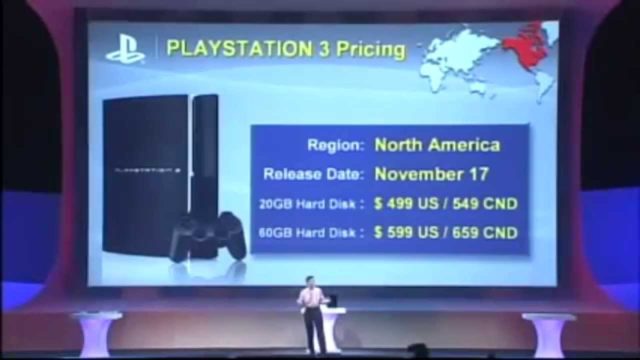
Yes, publishers enable making games, and there’s a lot of money… but that means precisely nothing if your customers won’t buy them. Worse, because they were bundling a bunch of technology as “essential” with the package, the opening price was a cool $499 ($100 more than the PS4, which was announced around the same time).
Microsoft screwed up because they built a console for the wrong customers. The funny thing here is that they had a case study of what not to do when it comes to launching a console and missing the mark, badly. Sony, in the previous generation, with the PS3, made almost all of the same mistakes. They were relying on their name and goodwill, and instead of marketing a game console to one of the most successful consoles of all time in the Playstation 2, they were pushing a technology stack that could be used to run fridges and super computers.
They didn’t talk about games, and like the Xbox One a generation later, stuck an absolutely absurd price point on the machine to support all that tech… $499 for a stripped-down version that didn’t have a lot of features and $599 for one with more storage and features like being able to install Linux (which is cool for a very small portion of the population and pointless for the vast majority of their users). While, by the end of the generation, the PS3Â slightly outsold the Xbox 360 (86 million vs. 85 million), and both were trounced by the Nintendo Wii (101 million)… Microsoft was seen as the winner. The PS3’s numbers were bolstered by some outside things, like some places buying thousands of them to build cheap supercomputers, it having a much longer lifetime after the PS4’s launch, and the fact that Microsoft basically doesn’t exist in Japan.
Microsoft managed to turn a huge success into a failure, going from the niche original Xbox and it’s four great games (two of which are Knights of the Old Republic and Knights of the Old Republic II), to standing toe-to-toe with a giant in the Xbox 360, to being stomped by the PS4 in this generation. Seriously, the PS4 has sold more than two units for every Xbox One. Even the Switch, despite being out less than two years at this point, is catching up to where Microsoft is at.
Sony, on the other hand, learned from their mistakes… for a time, at least. They came out swinging at Microsoft specifically, when they detailed the new machine at E3. The video above on “game sharing” with the PS4 is perhaps the best burn ever between competitors at E3. More than that, nearly every feature that was in the infamous console announcement at E3 has been pulled and removed at this point: Kinect, Voice Commands, TV Antenna Support, their original interface, Library Sharing.
Since then, Microsoft has been playing catch-up, while Sony has been alternating between making some incredible games and working to alienate anyone who plays games on their system. It’s weird, Microsoft has been doing a lot of things right in trying to right the ship. Their backwards compatibility is a cool feature, worth it for the ability to play the old Saint’s Row games or Red Dead Redemption. The media features are still better, overall, than what you get on the PS4, even if most of the “big” features it was designed around fizzled. And while the social and multiplayer was terrible when it launched, it’s a lot better.
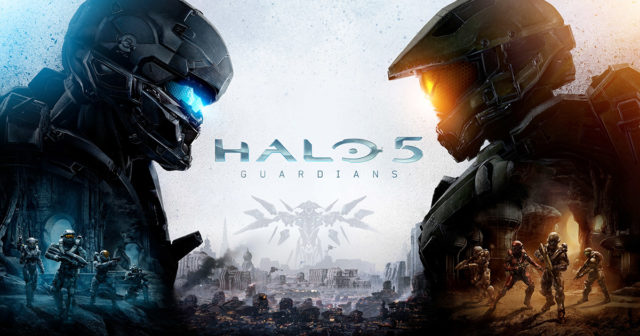
The problem for Microsoft at this point is that when it comes to first-party titles, there’s mostly just a lack of stuff to do that’s not Halo. If it’s a 3rd party title, and you have your choice between the PS4 and the Xbox One… there’s no reason to pick the Xbox One unless your friends are also playing that game on Xbox Live. If it’s a single player game, I’d say pick the PS4 version every time.
Which brings us to the subject of the title of the article, some 1200 words later… the recent acquisitions of studios points to Microsoft trying to double down, hard, for the next generation and bolster their first party titles. The Xbox One won’t suddenly come storming back to the top of the mountain at this point… the XB1X was a technical bump that mostly just annoys consumers and only ties to people who want a “kind of” 4K gaming experience. None of the publishers have a huge title coming out in the future, save inXile’s Wasteland 3… and it’s already locked into every platform not named “Nintendo Switch.”
There have been rumors of the “next gen” coming for a couple of years. Microsoft and Sony haven’t done consumers any favors with their multiple revisions of the hardware… the PS4, PS4 Slim, and PS4 Pro on Sony’s side, and the Xbox One’s underpowered nature mixed with the Xbox One X’s (named in such a dumb way just so they could make a bad acronym of XBOX with it) overpoweredness… it’s just frustrating.
I don’t think it’s a stretch to say that this particular generation has been kind of underwhelming compared to previous ones. Don’t get me wrong, there are some absolutely fantastic titles out there to enjoy… the PS4 has had a ton of big titles, and there are more coming up soon with things like Last of Us 2. There’s still a few “big” 3rd party titles coming up, like CD Projekt Red’s Cyberpunk 2077 primed to push how far the consoles can go. For the Xbox… there’s another Halo game coming out at some point, and Ori and the Will of the Wisps. After that, yeah not much for Microsoft on the Xbox One.
Which is why it makes sense for Microsoft to snatch up studios and put things into development that can sell the console. Sony stumbled a bit when the PS4 came out when there weren’t any great titles at launch. The only real “new” title was a Killzone title, a series that has seemingly been shelved so they can focus on Horizon: Zero Dawn (a wise choice, in my book). It took awhile before their “big” titles hit… while I’m sure there’s something I don’t remember, the first essential title that was PS4 only for me was Uncharted 4 in 2015. That’s more than a year after the release before there was something I had to have a PS4 in order to enjoy that I couldn’t play elsewhere… and in hindsight, it was a waste to get it at launch.

The Xbox One was only a bit better, since it had Forza 4. I waited on it, to be honest, until Titanfall came out… a game that was disappointing on so many levels. And even worse that the sequel was an absolutely fantastic game that hardly anyone played, because EA decided to launch it against Call of Duty and Battlefield One. Shortly after that game missed expectations, EA bought Respawn Entertainment out right, and they’re the current favorite in the next studio that EA closes down because EA is just the worst.
So it makes sense, with these purchases of studios that don’t have big announced projects, to lay the foundation of the next Xbox system. There’s a blueprint to look at in how Nintendo treated the Switch, launching with an absolutely massive 1st party title in Breath of the Wild, and then following up on big releases, and remasters, every month for the first year of its life (Mario Kart 8, Super Mario Odyssey, Xenoblade Chronicles 2, etc). Microsoft could be setting up something similar, maybe getting so bold as to tag Halo Infinite as the crossover game between the Xbox One and the new system (like Breath of the Wild was for the Switch and the dozens of people that own a Wii U).
The studios they’ve purchased aren’t lightweights, either. Obsidian is one of the best maker of role playing games at this point, with Pillars of Eternity and its sequel under its belt (not to mention a pedigree of making Knights of the Old Republic 2 and the aforementioned best Fallout game, Fallout: New Vegas). Ninja Theory has made some great games, though have been the victim of publisher shenanigans (DmC comes to mind), and Hellblade was a great game that when enjoyed with headphones will probably keep you awake at night. Playground makes Forza Horizon, which is the best Forza, and open racing game, you can get. We Happy Few was garbage, but it was at least a risk in trying something unique, and I think the studio could be interesting with some help.
Console gaming is at its best when there’s competition between the console makers. Sony has a habit of being arrogant and getting complacent, and we’re seeing that play out again in some of their behavior lately. The competition between the PS3 and the Xbox 360 gave us some amazing games, much like how the rivalry between the SNES and Genesis defined a generation when I was a kid. During this generation, Sony has declared itself the winner and fought doing anything that was even slightly pro-user (only recently relenting to support cross-platform play on Fortnite and not lock out player accounts).
When the companies feel the need to compete… the people who love playing games win.

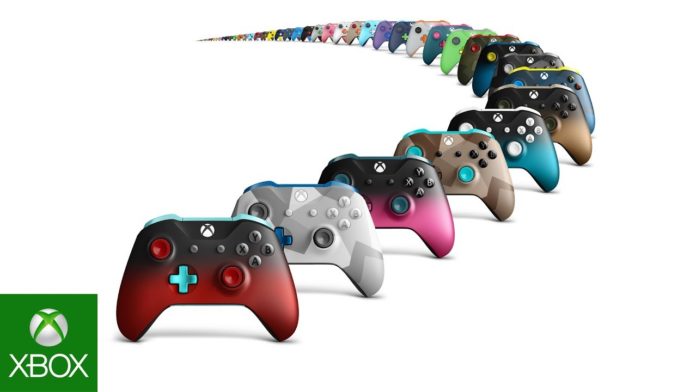










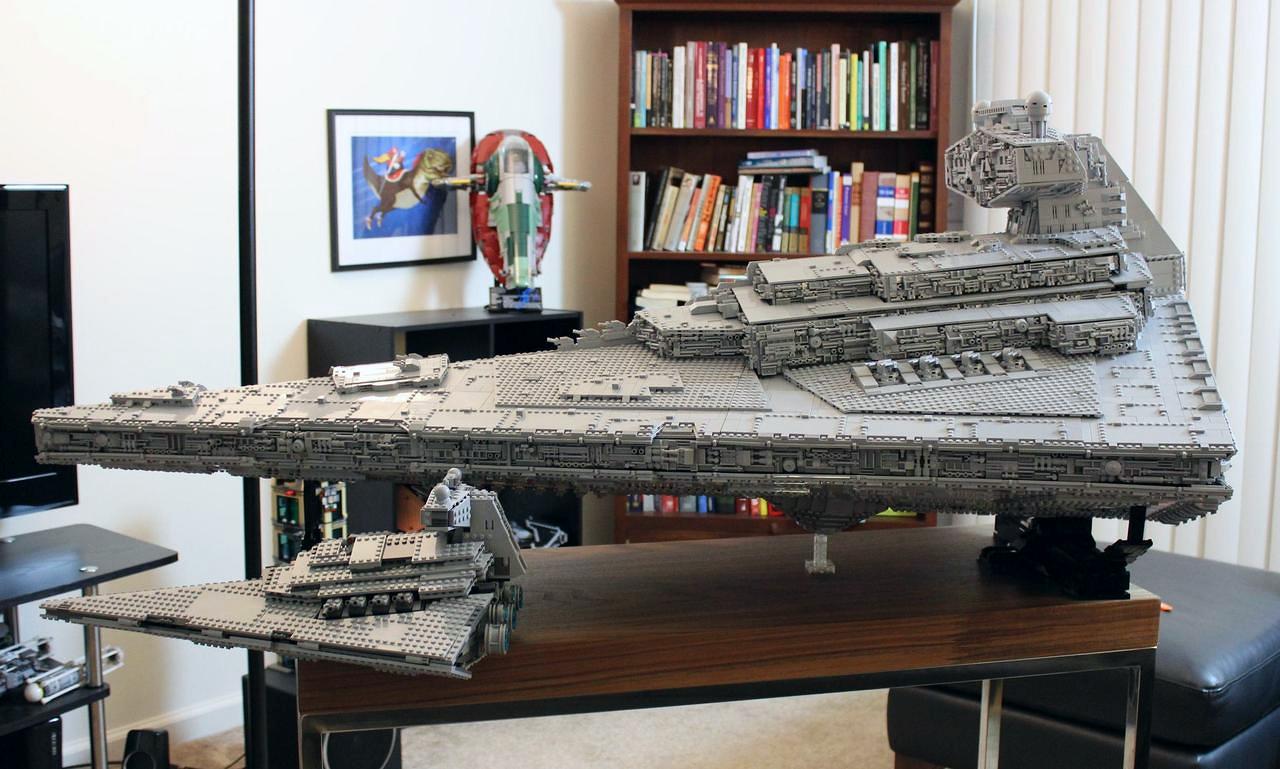


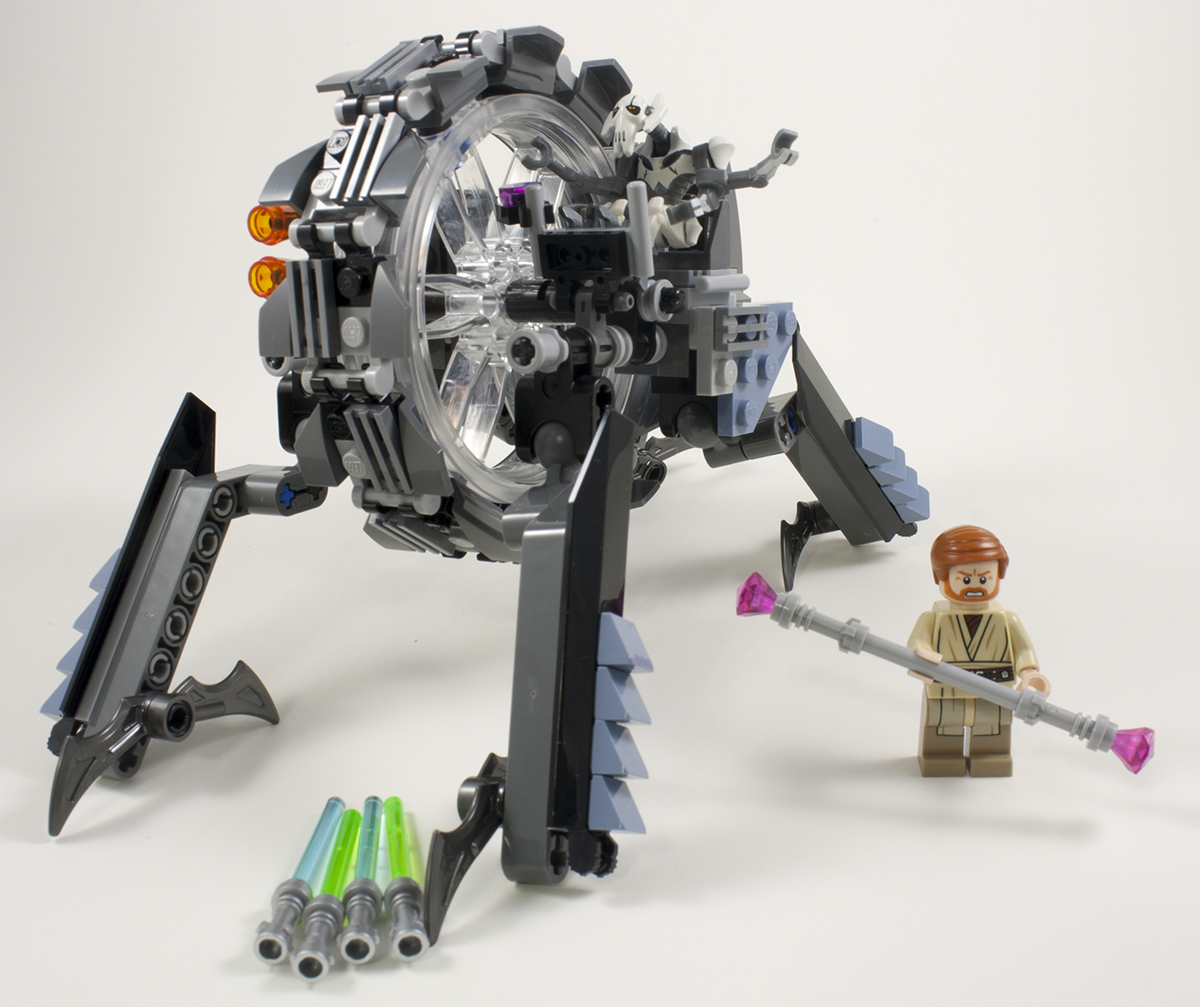
Great article. I’m looking forward to the future of games to see what they’ll end up bringing us; hopefully, the era of microtransactions will end soon in favor of publishers releasing complete and enjoyable games at release.
yeah, i hear you on the microtransactions. hopefully game companies learned a thing or two with the Star Wars Battlefront debacle.
I don’t think that the 3rd party companies have learned much at all… we can see that with things like Red Dead Redemption 2 (specifically their online mode, and the CEO of Rockstar saying “if anything, they’re under monetized… we can’t keep giving things away for free”), EA, or Activision… or now Bethesda with all their Fallout 76 nonsense.
That being said… the first party companies have apparently learned that lesson well. Playstation has kept their 1st party experiences solid, and delivered DLC that has value, and in some cases (Horizon Zero Dawn, Uncharted 4), basically a mini-sequel that more than lived up to the original. Others, they felt the experience was so good they’re letting it stand on its own, like God of War.
Nintendo has only recently started to dabble in the “Season Pass” stuff, which I’m not entirely happy with… but I don’t mind it staying optional or as a side if they continue to deliver content (Smash Bros, Xenoblade, Link to the Past).
Microsoft, for its part, has some annoying outliers (the Forza series) where they do that, but a lot of their others have mostly steered clear. This generation has been a beating for them, but they seem to be committed on making it better for the next one.